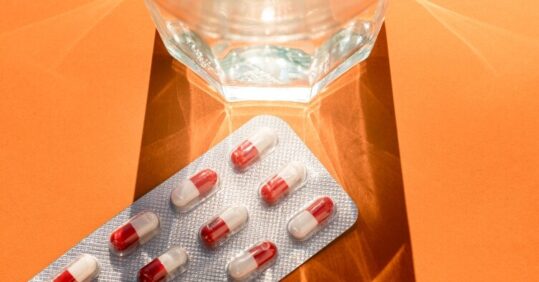Guidance on safe use of medicines and medical devices in summer heat

Patients, families and holidaymakers should be aware of advice to help maintain the effectiveness of medicines and medical devices while travelling and in the heat of the UK summer, the Medicines and Healthcare products Regulatory Agency (MHRA) has said.
Avoid leaving medicines in direct sun, hot cars, travel bags or on sunny windowsills, the MHRA said. Heat can ‘easily exceed safe storage limits and degrade tablets, inhalers, insulin, EpiPens and more,’ cautioned the medicines regulator.
Related Article: NICE approves first immunotherapy tablet to treat tree pollen allergy
Medicines are best kept in a cool bag when travelling, it is advised.
Blood glucose monitors can misread if exposed to excessive heat or humidity, patients are warned.
In addition, people should be aware that some medicines, such as diuretics, blood pressure drugs, diabetes treatments, antipsychotics, and stimulants, can worsen dehydration.
People taking diuretics should be especially mindful of the risk of dehydration, and are advised to look out for warning signs of dizziness, confusion, headaches or dark urine.
Methotrexate, some antibiotics, diuretics, antidepressants, acne or eczema treatments, and ibuprofen are examples of medications that can increase sun sensitivity and the risk of sunburn.
Related Article: First needle-free emergency treatment for anaphylaxis approved in UK
The guidance also includes a warning against the use of Kenalog hayfever injections (triamcinolone), which MHRA says ‘are licensed as a medicine for other conditions, but not for the treatment of hay fever.’ It cautions: ‘The benefits of using it to treat people with hay fever have not been shown to outweigh the risks’.
People with pacemakers are reminded to take their implant ID card to airport security and to make staff aware.
NHS advice says: ‘Airport security systems do not usually cause problems with pacemakers, but carry your pacemaker identification card with you and tell security staff you have a pacemaker. Security staff in some countries may insist you pass through the scanner. Move quickly through it and do not linger nearby.’
Handheld metal detectors should not be placed directly over a pacemaker.
Related Article: Hydration in primary care – essential tips for nurses
Dr Alison Cave, chief safety officer at the MHRA, commented: ‘When the sun comes out and the thermometer rises, it’s easy to forget that heat can affect medicines and medical devices, and that some treatments can change how you respond to sun and heat. These refreshed summer tips are vital to help people stay safe and well throughout the summer.’

See how our symptom tool can help you make better sense of patient presentations
Click here to search a symptom


![Menopause: identification and management [NG23]](https://s3-eu-west-2.amazonaws.com/images.nursinginpractice.com/wp-media-folder-nursing-in-practice/wp-content/uploads/2025/03/PULSE-NIP-UPLOAD-BAYER-NICE-MENOPAUSE-A5-HANDBOOK.jpg)
